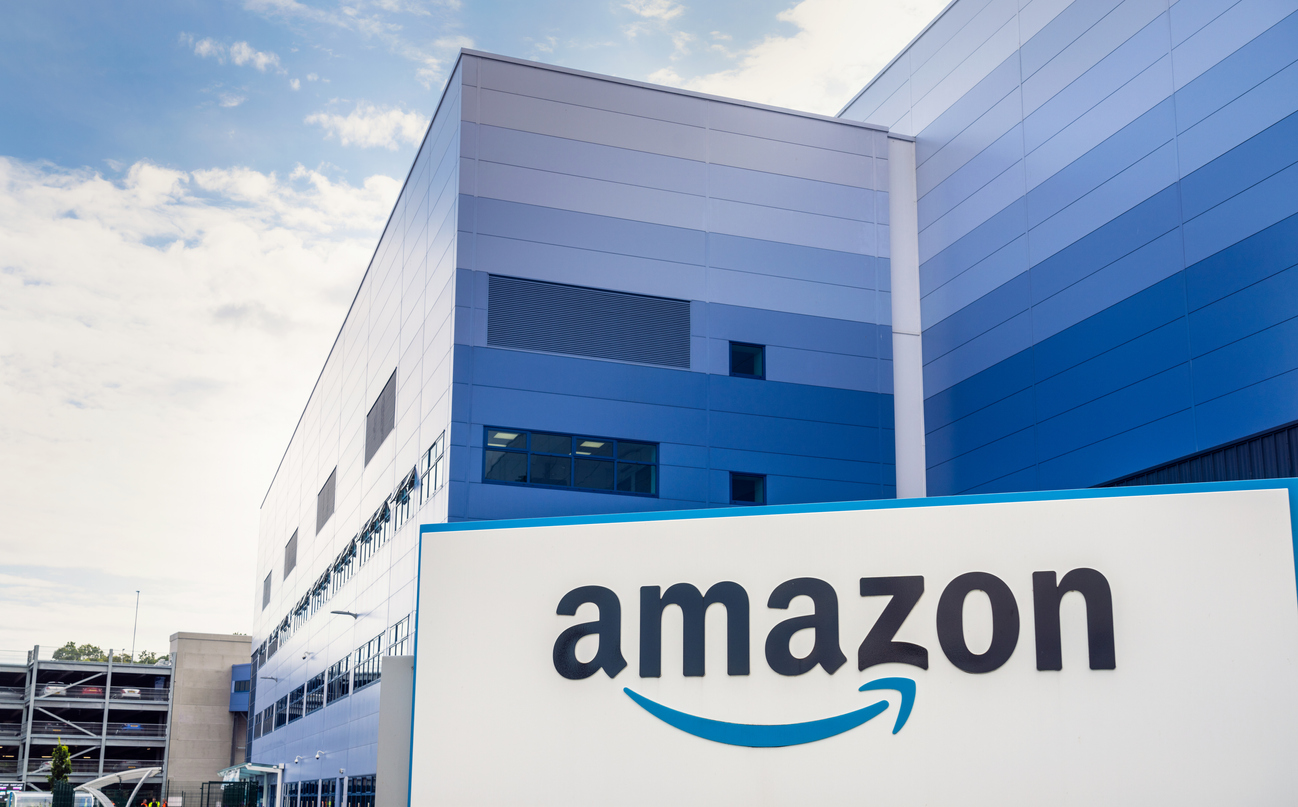
It would be almost impossible to imagine a world today without the internet product provider known as Amazon. Founded in 1984, the company has grown into a massive retail force that employs over a million employees across the globe. The gigantic e-tailer also owns 34 subsidiaries across multiple sectors as of 2023.
And that’s only part of the story. Amazon continues to assert its dominance over the realm of e-commerce through the silent acquisition of multiple brands. It’s no secret that the e-tailer has been expanding its portfolio of products with a line of Amazon Basics that produces many different types of common items across nearly all categories.
Amazon’s Subsidiaries in 2023
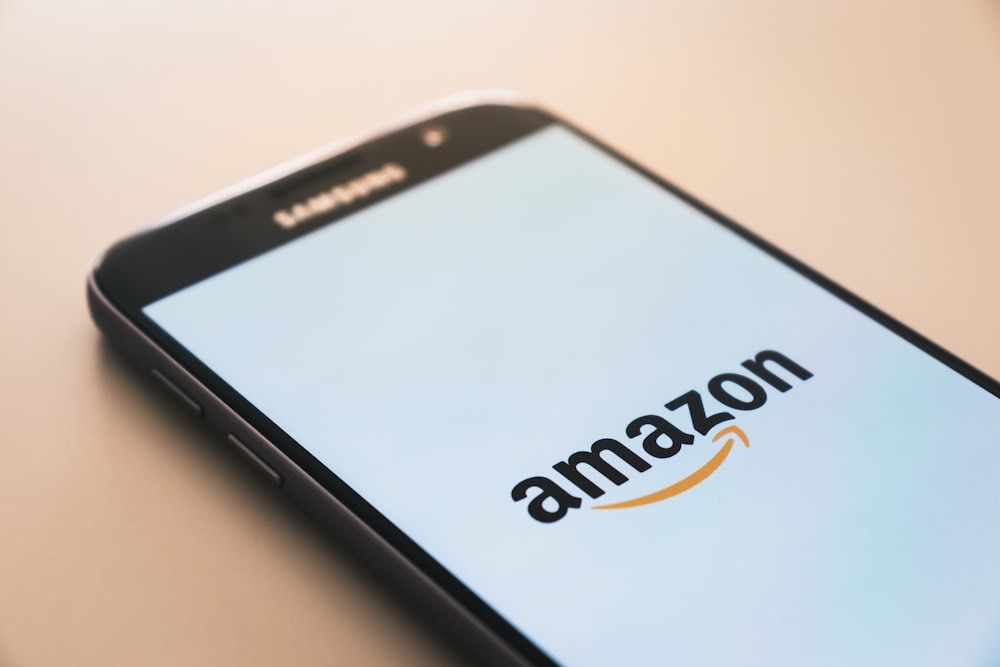
Before we look at the top 10 companies Amazon owns, it’s important to understand that the e-tailer also has many subsidiaries as of 2023. According to Wikipedia, these are some of the most prominent subsidiaries of Amazon, which was formerly known as Cadabra, Inc. With the addition of mergers and acquisitions, there are well over 100+ companies that made up this list.
- A9.com
- AbeBooks
- Alexa Internet
- Amazon.com
- Amazon Air
- Amazon Books
- Amazon Fresh
- Amazon Games
- Amazon Lab126
- Amazon Logistics
- Amazon Pharmacy
- Amazon Publishing
- Amazon Robotics
- Amazon Studios
- AWS
- Audible
- Blink
- Body Labs
- Book Depository
- ComiXology
- Digital Photography Review
- Eero LLC
- Goodreads
- Graphiq
- IMDb
- MGM Holdings
- PillPack
- Ring
- Souq.com
- Twitch Interactive
- Whole Foods Market
- Woot
- Zappos
- Zoox
Now it’s time to learn more about some of the most prominent companies Amazon owns. Many of these might surprise you, either by discovery of the brand being owned by the e-tailer, or the date at which it was acquired.
Amazon Robotics (formerly Kiva Systems)

Back in 2012, Amazon entered the mobile robot space for the first time after acquiring Kiva Systems for $775 million, making it another one of the companies Amazon owns. From an efficiency standpoint, this makes perfect sense since the robots that Kiva produced were known as automated guided vehicles or AGVs.
These vehicles were able to navigate a warehouse without being controlled by a human using only computerized barcode stickers placed along the floor as a route. Over a decade later and the technology has evolved into fully autonomous mobile robots known as AMRs with the model name Proteus. These newer robots can pick up GoCarts and bring them to human workers or other locations, reducing the footwork of Amazon employees. Clearly, this lines up with Amazon’s need to efficiently maneuver and transport items throughout multiple warehouse locations.
Whole Foods Market

Out of all the companies Amazon owns, Whole Foods Market seems like it was an inevitable decision. Body-conscious health and organic foods surged in popularity over the last decade, and plenty of evidence exists about how groceries are among the top 10 best companies to work for and are also among the top 10 retail companies with the highest employee retention.
These qualities easily translate into increased sales and profits. Additionally, the expansion of Amazon Fresh means that their Prime delivery services can be utilized for fast and efficient grocery delivery.
ComiXology

ComiXology was founded in 2007 and later acquired by Amazon in 2014 for an undisclosed amount after Amazon Publishing’s Imprint, Jet City Comics, failed to gain traction. 2016 was a revolutionary year since it introduced the subscription plan offering unlimited access to thousands of comics for a small monthly fee, akin to a video streaming service.
Although readers will always have their own personal preferences between reading comics in physical or digital form, ComiXology did make additional innovations by introducing a “guided view” mode that allows readers to zoom in on panels one at a time and in full-screen sequences. Finally, in 2022, ComiXology was updated to become only available through Amazon.com or the corresponding app. Being one of the companies Amazon owns, consumers can read basically anything and everything from the e-tailer’s website.
Twitch Interactive

Originally named Justin.tv when being founded in 2011, Twitch introduced live streaming to the world, primarily centered around video game gameplay. This quickly expanded into large eSports events, music broadcasts, and all types of streamer personalities making their debuts. Soon, video on demand became an option to allow viewers to rewatch past streams they might have missed or wanted to watch repeatedly.
After Justin.tv shut down in 2014, it was rebranded to Twitch Interactive and subsequently bought by Amazon for $970 million. This led to a perfect combination with Amazon Prime’s services that included free loot and downloadable content only available through Amazon and Twitch. The following year, in 2015, Twitch was already reaching over 100 million viewers per month and has been thriving ever since, making it one of the best companies Amazon owns.
Audible

Audible launched way back in 1995 and found its first success in 1997 with the portable Audible MobilePlayer which featured four megabytes of flash memory that equated to nearly two hours of MP3 audio files on average. The company also required users to go to their official website to download an audiobook to put on their player to get started using it.
In 2008, Amazon announced its purchase of Audible for $300 million. This move also signaled that Amazon was keen on synergizing its business platforms across as many as possible. Audible pairs well with Kindle, an online e-book e-commerce store that solidifies Amazon’s hold on the book market. As a result, in 2012, Amazon added a Whispersync feature that seamlessly allows users to listen to an audiobook, and then switch to Kindle and start reading right from where they left off.
Zoox
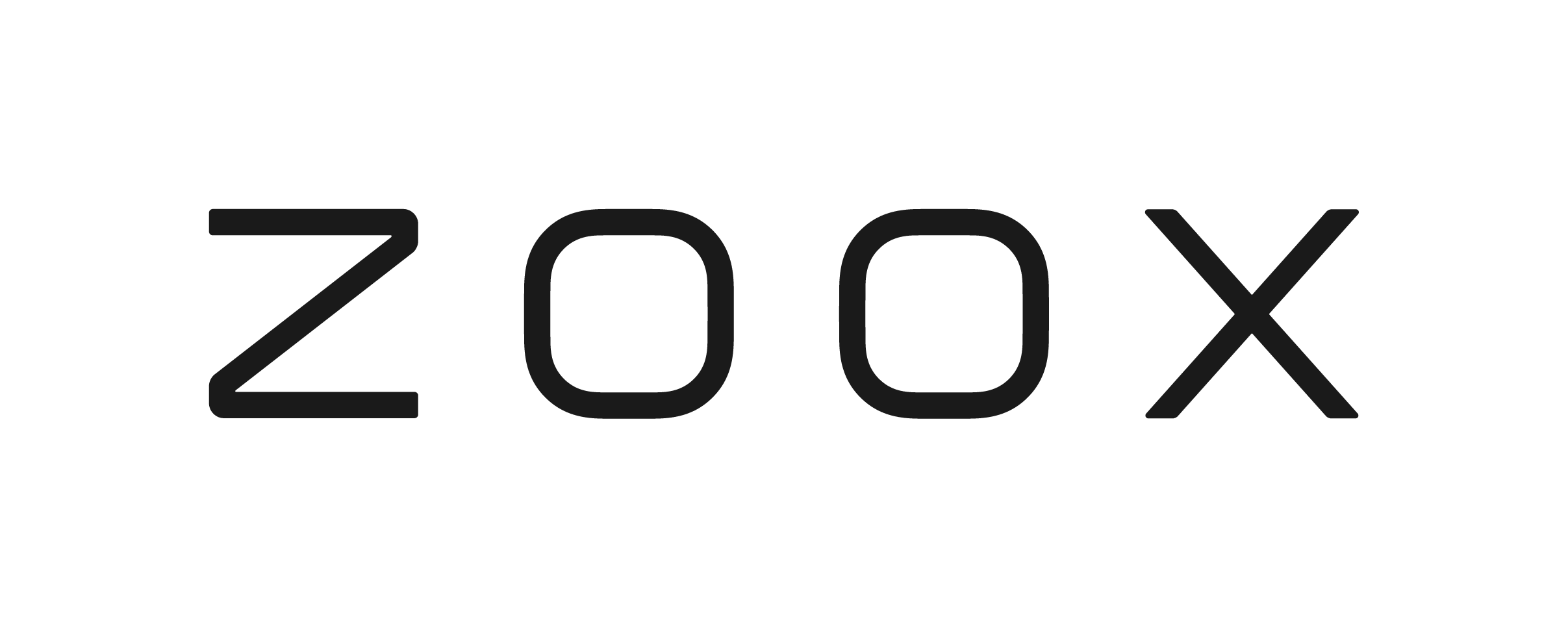
Zoox is a company founded in 2014 and headquartered in Foster City, California specializing in the development of autonomous vehicles. The name is inspired by the marine organism known as zooxanthellae, which maintains a symbiotic relationship with nearby organisms while using renewable energy as its source. Part of the Amazon Devices & Services organization, Zoox is working on developing the first robo-taxi service.
Using the Toyota Highlander as its base vehicle, Zoox has integrated its self-driving system into test models. They have also been able to build symmetrical, bi-directional electric vehicles using robotics and renewable energy. Being one of the the smart technology companies Amazon owns, these new technologies might be coming to the public sooner than you think.
IMDb

IMDB began as an online database garnered towards movies and television series, but quickly adapted to include independent projects, podcasts, video games, streaming content, and more. Another interesting fact is that it began as a fan-operated group on Usenet “rec.arts.movies” all the way back in 1990. Additionally, visitors to the new site can view bountiful amounts of information about included titles, along with a user rating system.
What’s even more surprising is that IMDB was purchased in 1998 and become one of the subsidiary companies that Amazon owns. Originally intended to be solely a marketing machine for DVDs and videos, it quickly grew into more and evolved to include a pro service geared towards those working or aiming to be involved in the professional side of the industry. Now that IMDB is one of the companies Amazon owns, expect to see more of the e-tailer in the world of entertainment.
iRobot
.jpg)
iRobot was founded in 1990 to design and produce consumer robots after its founders gained experience in creating robots for outer space and military use. Currently, the company produces autonomous smart cleaning devices for homes and buildings. iRobot was purchased by Amazon in 2022 for $1.7 billion.
Currently, the deal is awaiting full legal approval from the FTC. There have been growing concerns about the market power of Amazon and what the company can do with the privacy data of consumers whose home floor plans are exposed through the cleaning robots. This also means that Amazon now has a huge stake in the future of robotic technology across multiple different sectors.
Zappos
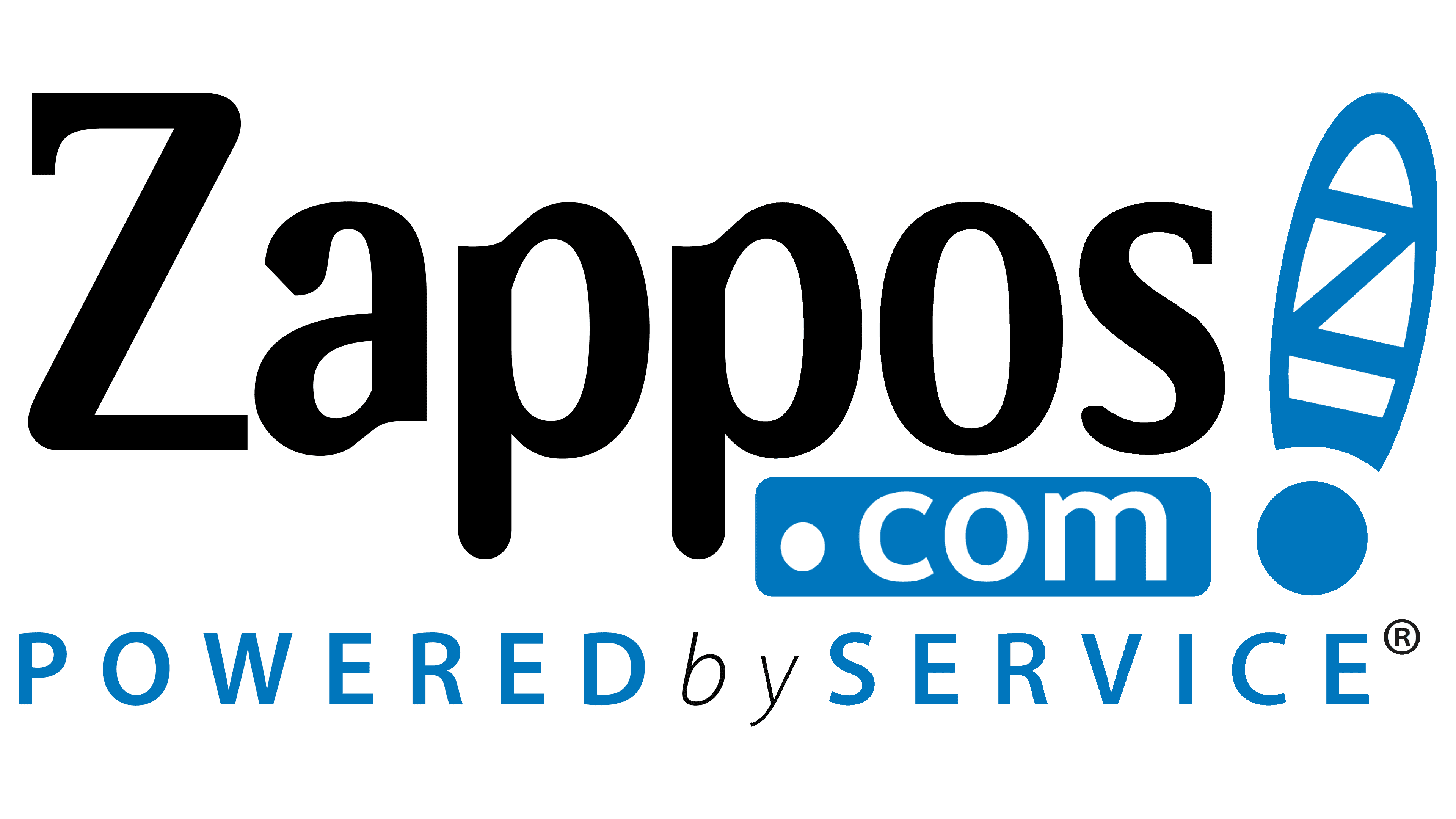
Based in Las Vegas, Zappos is a shoe company and clothing retailer founded in 1999. Amazon bought all outstanding shares in an all-stock deal in 2009, providing $40 million in cash and 10 million Amazon shares. Specializing in online sales of shoes, the company started as shoesite.com and later changed its name based on the Spanish word for shoes, zapatos.
In relation to the companies Amazon owns, this move made sense based on the fact that Amazon looks to seize operations of as many online e-tailers as possible to further integrate into their ecosystem. This expands their inventory, allows them to control prices, and forms more efficient shipping services. Looks like Amazon knows how to walk in everyone else’s shoes… or zapatos.
PillPack Inc.

Last on this list, but not least, is PillPack, which is a pharmaceutical company founded in 2013. It’s an online retailer for medications and drugs, but the catch is that shipment of its inventory is handled via robots during the packaging process. Medications are shipped in dosage packets after this process is complete. In 2018, Amazon bought PillPack for $783 million and changed the branding to include the phrase “by Amazon pharmacy.”
This move signaled the shift currently being seen in 2023 as Amazon rolls out more medical services, such as Amazon Clinic. At this point, there is almost no industry left that Amazon does not have a presence in, and nearly dominates. And as far as companies Amazon owns, this signals that there’s almost nothing that Amazon won’t consider acquiring.
Conclusion
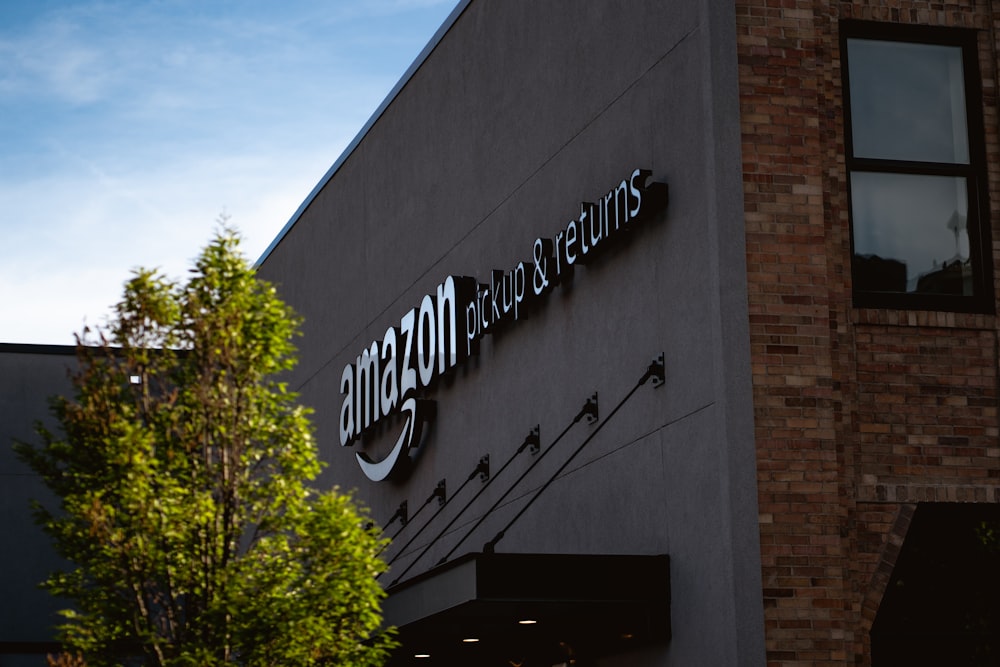
Amazon has earned the moniker the “Everything Store” for good reason. They now have a stake in almost everything ranging from robotics, pharmaceuticals, comics, movies, ebooks, groceries, apparel, video games, and more. Apparently, their strategy is to diversify, and as the old adage goes, never put all of their eggs in one basket. This clearly shows in all the companies Amazon owns.
The future looks uncertain amidst the dominance of mega corporations being able to flex nearly unlimited power. This practice is nothing new. It accomplishes a variety of things for the parent company, namely taking out a competitor while expanding inventory, production, and development.
If you haven’t already, you can read about how PepsiCo also owns many different types of brands. And don’t forget to check back daily with RetailWire for more fascinating blogs, articles, and news!
